Useful for writers
Discover essential books for writers to enhance your craft! Explore our curated list of must-read books on writing techniques, creativity, and storytelling to inspire and improve your work.

Book
On Writing
by Stephen King
The author shares his insights into the craft of writing and offers a humorous perspective on his own experience as a writer.
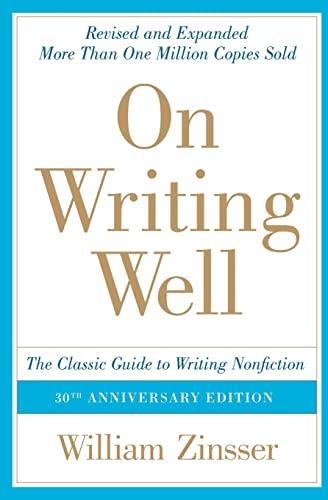
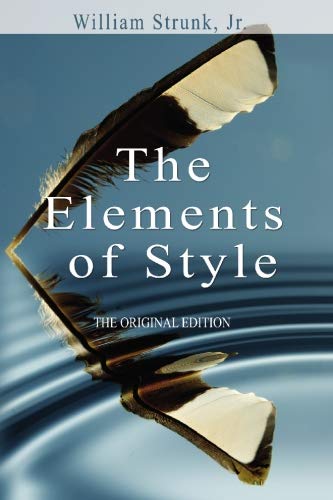
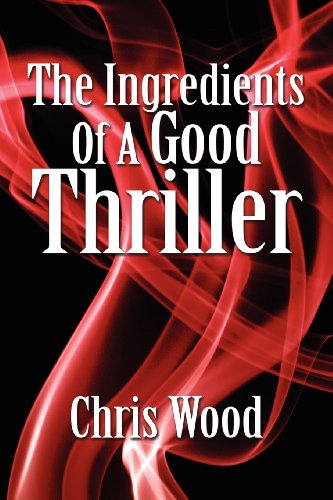
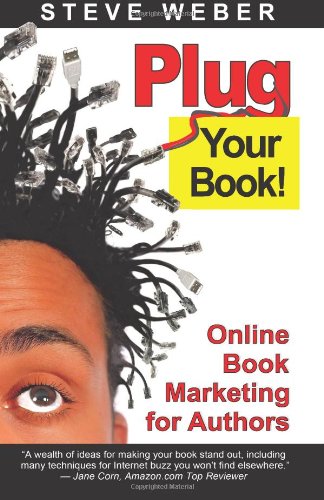
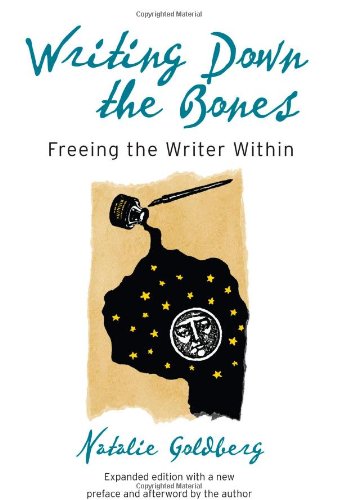
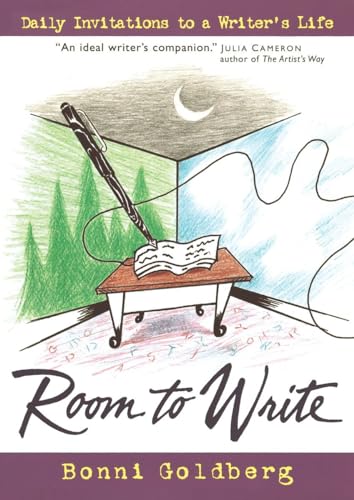
Book
Room to Write
by Bonni Goldberg
What makes someone a writer? A writer writes, expressing the world through synthesis of mind and magic, sensuality and spirit. With both humor and reverence, Room to Write playfully prevails on us to experience the world through a writer's eyes, and respond to the creative sparks that charge good writing. In two hundred daily essays, the author invites the reader--whether an experienced writer or someone just starting out--into the crucibles from which creative writing erupts: emotion, imagination, intellect, and soul. Once there, she urges the reader to grab a pen, grasp a keyboard, and seize the moment when perception fires revelation and language becomes art. Each page features an essay exploring an aspect of the writing process, an exercise to get the reader writing, and a quotation to tickle the mind and keep the writing going. Ultimately, readers learn about how they write, and how to trust their intuition. Room to Write is a collection of beguiling provocations, an irresistible invitation to all those who believe that writing, like any creative endeavor, is a way of life.

Book
Elements of Fiction Writing - Plot
by Ansen Dibell
"There are ways to create, fix, steer and discover plots—ways which, over a writing life, you'd eventually puzzle out for yourself," writes Ansen Dibell. "They aren't laws. They're an array of choices, things to try, once you've put a name to the particular problem you're facing now." That's what this book is about: identifying those choices (whose viewpoint? stop and explain now, or wait? how can this lead to that?), then learning what narrative problems they are apt to create and how to choose an effective strategy for solving them. The result? Strong, solid stories and novels that move. Inside you'll discover how to: test a story idea (using four simple questions) to see if it works convince your reader that not only is something happening, but that something's going to happen and it all matters intensely handle viewpoint shifts, flashbacks, and other radical jumps in your storyline weave plots with subplots get ready for and write your Big Scenes balance scene and summary narration to produce good pacing handle the extremes of melodrama by "faking out" your readers—making them watch your right hand while your left hand is doing something sneaky form subtle patterns with mirror characters and echoing incidents choose the best type of ending—linear or circular, happy or downbeat, or (with caution!) a trick ending Whether your fiction is short or long, subtle or direct, you'll learn to build strong plots that drive compelling, unforgettable stories your readers will love.

Book
Elements of Fiction Writing - Description
by Monica Wood
Description is most powerful when it's visible, aural, tactile. Make your descriptions fresh and they'll move your story forward, imbue your work with atmosphere, create that tang of feeling that editors cry for and readers crave. Monica Wood helps you squeeze the greatest flavor from the language. She segments description like an orange, separating its slices to let you sample each one. You'll learn about: Detail, and how you can use description to awaken the reader's senses of touch, taste, hearing, smell and sight Plot, from advancing story using only relevant description—and how to edit out sluggish, reader-stopping writing Style, and the use of description to create a mood that matches your story's content Point of view, how selecting omniscient, first person or third person limited narrative influences the descriptive freedom you have Creating original word depictions of people, animals, places, weather and movement Wood teaches by example, developing stories with characters in various situations, to show you how you can apply description techniques. You'll also see samples of work by such noted writers as Mark Helprin, Anne Tyler and Raymond Carver. And you'll find the dos and don'ts, lists and descriptive alternatives to common verbs and nouns, and tips for editing your work.

Book
Self-Editing for Fiction Writers, Second Edition
by Renni Browne
Hundreds of books have been written on the art of writing. Here at last is a book by two professional editors to teach writers the techniques of the editing trade that turn promising manuscripts into published novels and short stories. In this completely revised and updated second edition, Renni Browne and Dave King teach you, the writer, how to apply the editing techniques they have developed to your own work. Chapters on dialogue, exposition, point of view, interior monologue, and other techniques take you through the same processes an expert editor would go through to perfect your manuscript. Each point is illustrated with examples, many drawn from the hundreds of books Browne and King have edited.

Book
Write Great Fiction Revision And Self-Editing
by James Scott Bell
Don't let the revision process intimidate you any longer. Discover how to successfully transform your first draft into a polished final draft readers won't be able to forget. In Write Great Fiction: Revision & Self-Editing, James Scott Bell draws on his experience as a novelist and instructor to provide specific revision tips geared toward the first read-through, as well as targeted self-editing instruction focusing on the individual elements of a novel like plot, structure, characters, theme, voice, style, setting, and endings. You'll learn how to: Write a cleaner first draft right out of the gate using Bell's plotting principles Get the most out of revision and self-editing techniques by honing your skills with detailed exercises Systematically revise a completed draft using the ultimate revision checklist that talks you through the core story elements Whether you're in the process of writing a novel, have a finished draft you don't know what to do with, or have a rejected manuscript you don't know how to fix, Revision & Self-Editing gives you the guidance you need to write and revise like a pro.